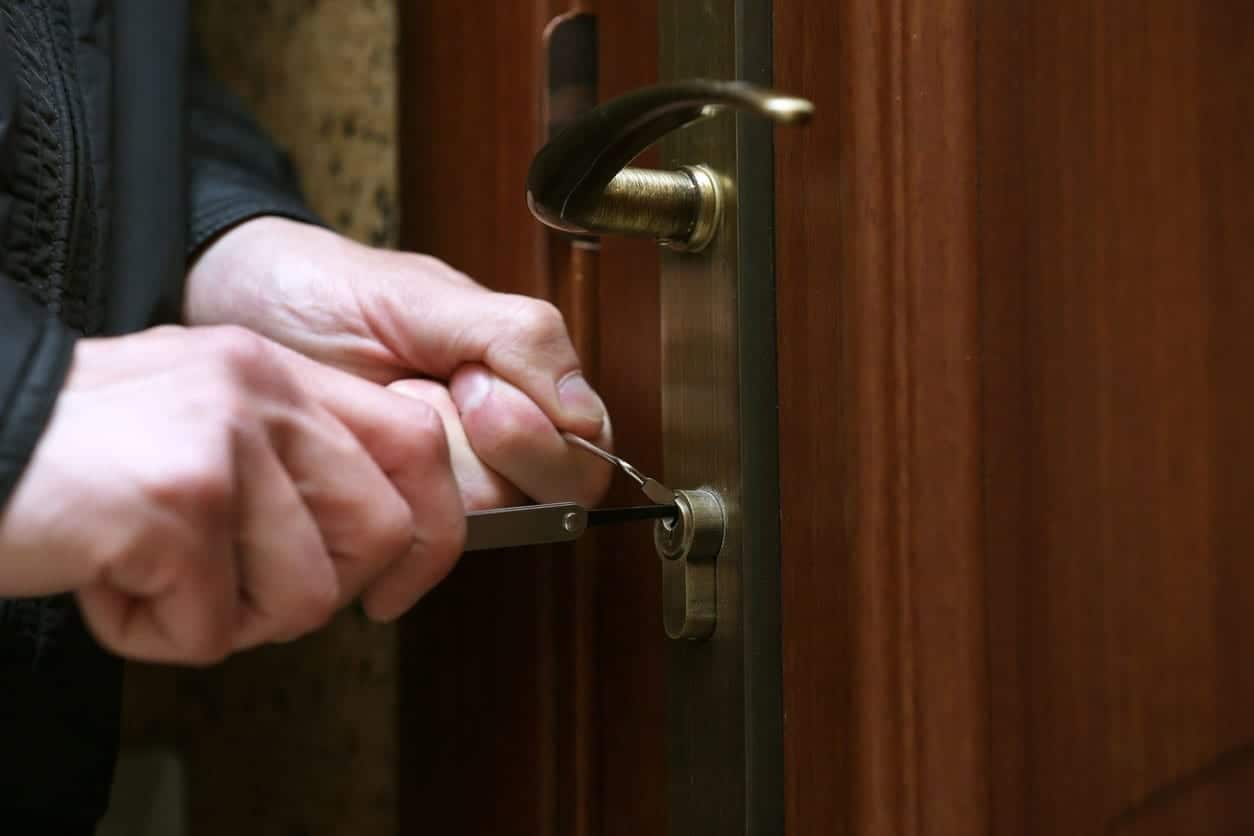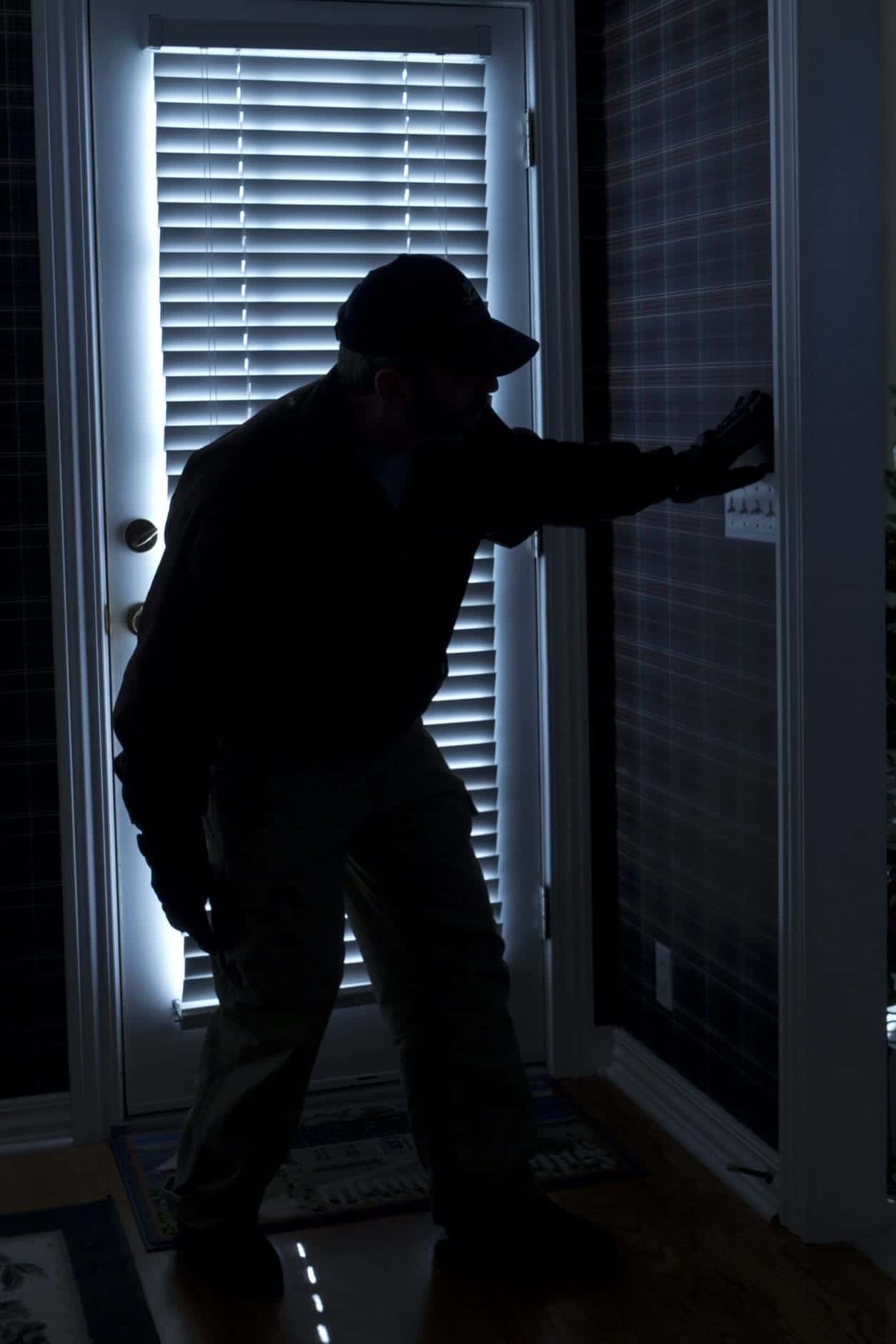Types of Burglary Charges in Illinois
Most people think of burglary as sneaking into a building to steal something. But while that’s true, our state actually has laws for a number of related charges. Because of this, you may find yourself facing a burglary charge for something you didn’t even know was a crime.
Below, I’m going to go over several different types of Illinois burglary charges to help you better understand why you may have been charged and what you are up against.
Burglary. Under Illinois law (720 ILCS 5/19-1), it states that a person commits the crime of burglary when he or she knowingly enters a building, watercraft, house trailer, railroad car, or motor vehicle without authorization or authority, and with the criminal intent to commit a theft. This offense of burglary does not include any offenses presented in Section 4-102 of the Illinois Vehicle Code.
If a burglary is committed in a school, day care home, day care center, group day care home, part-day child care facility, or in a place of worship, the theft is raised to a Class 1 felony. This does not include child care facilities operated in private residences also used as dwellings. To prove a burglary, an Illinois prosecutor must show that the defendant entered the property without permission or stayed after permission expired.
The punishment for a burglary charge in our state depends on the class of felony. Most Burglary charges in the state are considered Class 2 felonies, which carry a prison sentence of 3 to 7 years. If the offense was committed in a child care facility or place of worship, the charges may be elevated to a Class 1 felony. In Illinois, a Class 1 felony can carry a prison sentence of 4 to 15 years.
Possession of Burglary Tools. Criminal statute 720 ILCS 5/19 2 says that a person has committed an offense of Possession of Burglary Tools if they possess a tool, device, instrument, or explosive (including lock picking tools) suitable for breaking into a building, watercraft, house trailer, motor vehicle, or air craft. That person must also enter the property with the intent to commit a theft or felony. In most cases, Possession of Burglary Tools is considered the least serious of Illinois burglary charges.
Someone charged with Possession of Burglary Tools will typically receive a Class 4 felony. In Illinois, such a charge carries a potential prison sentence of 1 to 3 years.
Unlawful Sales of Burglary Tools. A person has committed the offense of Unlawful Sales of Burglary Tools (720 ILCS 5/19-2.5) when he or she knowingly transfers or sells any key used for breaking into a building, watercraft, house trailer, motor vehicle, aircraft, or railroad car. This also includes any depository that is specifically designed for the safekeeping of various property.
Like a Possession of Burglary Tools charge, an Unlawful Sales of Burglary Tools charge is considered a Class 4 felony. This charge carries a possible prison sentence of 1 to 3 years. A person may be able to fight a Possession of Burglary Tools charge if he or she can demonstrate why there is a legitimate reason for being in possession of these tools. For example, a professional locksmith would be expected to have such tools.
Residential Burglary. 720 ILCS 5/19-3 defines a Residential Burglary as when a person knowingly enters a dwelling place of another without authority and with the intent to commit a theft or felony. A burglary of an individual’s home is considered more serious than a burglary of a business or similar property. To be convicted, a prosecutor must prove beyond a reasonable doubt that you intended to commit a theft or felony.
Unlike more minor crimes, probation is not available in the case of a residential burglary. If convicted of a residential burglary in Illinois, you may be looking at a Class 1 felony, which carries a possible prison sentence of 4 to 15 years. With an experienced lawyer by your side, you may be able to have the charges reduced from a residential burglary to a regular burglary or criminal trespass.
Criminal Trespass to a Residence. A person has committed a Criminal Trespass to a Residence (720 ILCS 5/19-4) when he or she knowingly enters or stays within a residence that belongs to another person without authority. In the case of a multi-unit residential complex or building, the portion of the complex or building which is the actual dwelling place of any person is considered in a charge of Criminal Trespass to a Residence.
The punishment for a conviction of Criminal Trespass to a Residence is typically a Class A misdemeanor or a Class 4 felony. If convicted of a Class A misdemeanor, the sentence may be up to one year in jail. Court supervision may be available as an alternative to jail. If convicted of a Class 4 felony, you may be looking at a possible 1 to 3 years in jail. Probation may be available as an alternative.
Other related charges include criminal fortification and home invasion. If you’re having trouble understanding your charges, get in touch with a knowledgeable Illinois burglary lawyer as soon as possible.
About the Author:
Andrew M. Weisberg is a former felony prosecutor who now serves as a defense attorney in the greater Chicago area. He has extensive experience in handling all types of criminal cases, from sex offenses and domestic violence to retail theft-related crimes, Murder, and drug crimes.







 Blog Home
Blog Home 












